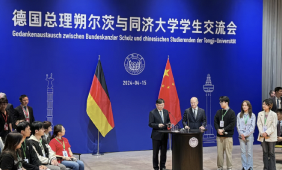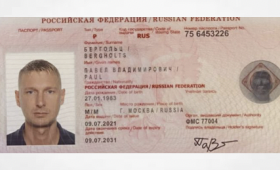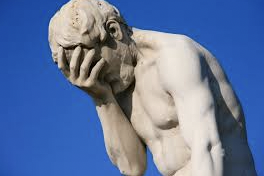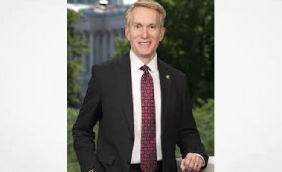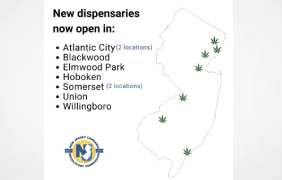A study, led by researchers from Yale School of Medicine, has found a single dose of the psychedelic psilocybin can reduce migraine frequency by 50 percent for a least two weeks. The preliminary trial was small, with follow-up work necessary to validate the results, but the promising findings suggest great potential for psychedelics to treat migraines and cluster headaches. Reports New Atlas.com
The new study, published in the journal Neurotherapeutics, is offering the first double-blind, placebo-controlled, cross-over study on the effects of a moderate psilocybin dose on migraine frequency and severity. The research is only preliminary and small but its results are deeply encouraging.
Ten migraine sufferers were recruited for the trial. Each subject completed two sessions, one with a placebo and one with a moderate psilocybin dose. Headache diaries were used to track headache frequency and severity in the two weeks leading up to, and following, each experimental session.
“Compared to placebo, a single administration of psilocybin reduced migraine frequency by about half over the two weeks measured,” explains corresponding author on the new study Emmanuelle Schindler, in an email to New Atlas. ”In addition, when migraine attacks did occur in those two weeks, pain intensity and functional impairment during attacks were reduced by approximately 30 percent each.”
Read more at https://newatlas.com/health-wellbeing/psilocybin-migraine-psychedelic-clinical-trial-promising-results/
DETAILS
Exploratory Controlled Study of the Migraine-Suppressing Effects of Psilocybin
Neurotherapeutics (2020)
Abstract
While anecdotal evidence suggests that select 5-hydroxytryptamine 2A (5-HT2A) receptor ligands, including psilocybin, may have long-lasting therapeutic effects after limited dosing in headache disorders, controlled investigations are lacking. In an exploratory double-blind, placebo-controlled, cross-over study, adults with migraine received oral placebo and psilocybin (0.143 mg/kg) in 2 test sessions spaced 2 weeks apart. Subjects maintained headache diaries starting 2 weeks before the first session until 2 weeks after the second session. Physiological and psychological drug effects were monitored during sessions and several follow-up contacts with subjects were carried out to assure safety of study procedures. Ten subjects were included in the final analysis. Over the 2-week period measured after single administration, the reduction in weekly migraine days from baseline was significantly greater after psilocybin (mean, − 1.65 (95% CI: − 2.53 to − 0.77) days/week) than after placebo (− 0.15 (− 1.13 to 0.83) days/week; p = 0.003, t(9) = 4.11). Changes in migraine frequency in the 2 weeks after psilocybin were not correlated with the intensity of acute psychotropic effects during drug administration. Psilocybin was well-tolerated; there were no unexpected or serious adverse events or withdrawals due to adverse events. This exploratory study suggests there is an enduring therapeutic effect in migraine headache after a single administration of psilocybin. The separation of acute psychotropic effects and lasting therapeutic effects is an important finding, urging further investigation into the mechanism underlying the clinical effects of select 5-HT2A receptor compounds in migraine, as well as other neuropsychiatric conditions. Clinicaltrials.gov: NCT03341689
https://link.springer.com/article/10.1007/s13311-020-00962-y
